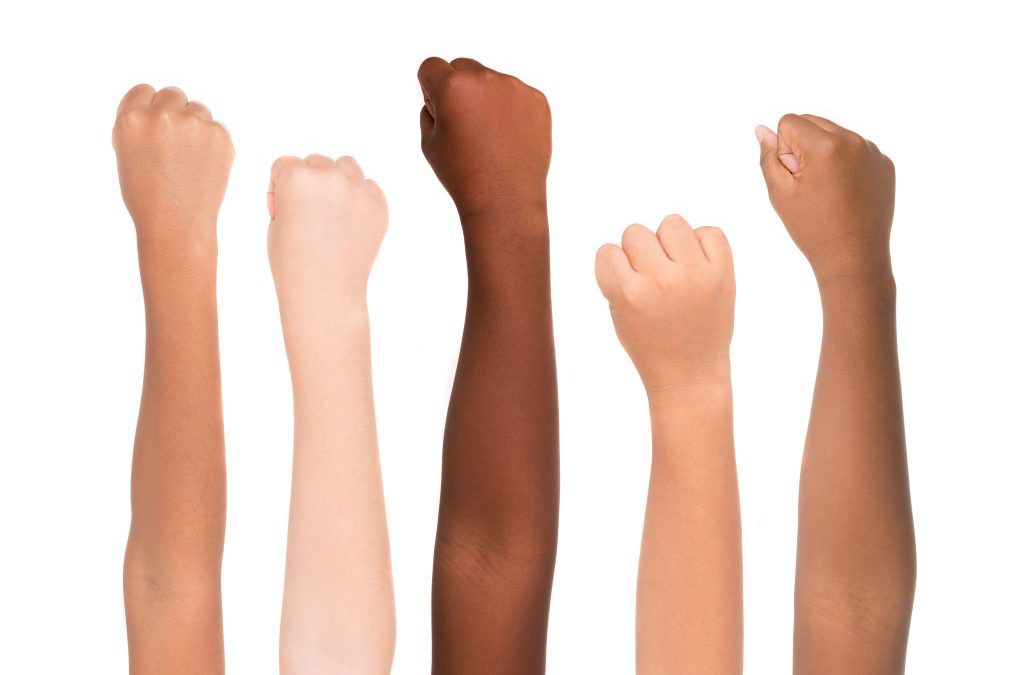I once went to a play at the local theater along some fellow students as part of a university activity, where we got to watch different stage plays all together and thus have a chance to talk with the actors themselves after the show.
I don’t remember exactly why or how, but the subject of our colloquy turned out to be: “Why is theater flooded with privileged university graduates or with people from academic families?”. These actors were complaining non-stop about the privileges that they enjoyed, eagerly mentioning their academic backgrounds and the inequities of life. It was difficult for me not to imagine a group of nuns flagellating themselves in ecstasy while I listened to their words as they carried on and on with their self-loathing. I must say that neither now nor back then, did I doubt the wholehearted intentions of them. On the contrary they seemed to be quite sympathetic. Nevertheless, there was something fishy about this whole ordeal and days later a fellow colleague of mine brilliantly took notice of an overlooked detail: The people responsible for the stage construction and the lightning were most likely not part of this “academic milieu”. In other words, the hands of those who set the stage every day are not gentle, tender or humidified by expensive skin care creams. As a matter of fact those hands are hard, callous and occasionally carved with small cuts. Those are not the hands of the privileged academics, but those are the hands of the craftsmen.

What I found fascinating and equally a tad sad was that these well-meaning actors – in their criticism of the inequalities of their industry – completely ignored the glimpse of the remote possibility that the handworkers could even phenomenologically exist in their own constellation. It is as if these handymen were so insignificant that they couldn’t even be acknowledged as underprivileged, but instead as non-existent.
This reminds me of a funny story often told by marxist philosopher Slavoj Zizek:
“There is an old Jewish joke, loved by Derrida, about a group of Jews in a synagogue publicly admitting their nullity in the eyes of God. First, a rabbi stands up and says: “O God, I know I am worthless. I am nothing!” After he has finished, a rich businessman stands up and says, beating himself on the chest: “O God, I am also worthless, obsessed with material wealth. I am nothing!” After this spectacle, a poor ordinary Jew also stands up and also proclaims: “O God, I am nothing.” The rich businessman kicks the rabbi and whispers in his ear with scorn: “What insolence! Who is that guy who dares to claim that he is nothing too!””.
A similar phenomenon occurs somehow in the realm of identity politics. Here we have the universal voices of the nobodies (those who are “nothing”) and the limited voices of the somebodies (those who are “something”), that can only be heard within the constraints of their ethnic predicament. Let me give you two examples. In Milo Rau’s theater play “La Reprise” a black actor complains to the audience that he can only play “ethnic roles” due to the color of his skin. Playing the role of the good guy or the bad guy is reserved for the whites. In the making-of video of “Drive” the critically acclaimed film director Nicolas Winding Refn said that one of the reasons why he wanted a white actor in the role of the main character, was to avoid politicizing the film.
These two cases can be analyzed within the framework of Critical Whiteness, since it is often understood that people of darker skin colors can only speak from the viewpoint of their ethnical identities. This being said, I wonder from which identity can a white person speak? According to Richard Dyer, who made an exhaustive analysis of the depiction of whiteness as normality, whites – in comparison to the blacks, browns, or yellows – can speak from a level of universality:
“Whites can thus believe that they are nothing in particular, because the white particularities on offer are so obviously not them [sic]. […] The combination of extreme whiteness with plain, unwhite whiteness means that white people can both lay claim to the spirit that aspires to the heights of humanity and yet supposedly speak and act disinterestedly as humanity’s most average and unremarkable representatives”.
I think that there is the point where the actual current of identity politics fails miserably. By putting people into carefully labeled ethnic drawers, the possibility of universality becomes a privilege. The voice of the people is only limited to the perceived ethnicity of the speaker. Why is a latino, an arab, an asian or a sub-saharan african allowed only to be the spokespersons of their own countrymen? I propose something different. Let us not ask kindly for universality, let us blatantly snatch it, not because we were born in a certain ethnic group, but because we were born as human beings. It belongs to all of us by sheer birthright, regardless of the hue of our skins. Some people may like this, some people may not. Who cares?
We are nothing, just like you.
Raúl “Nobody” Valero Chávez
2.6.2022
Sources:
- Zizek, Slavoj: Five Jokes by Slavoj Žižek. In: https://thereader.mitpress.mit.edu/five-jokes-slavoj-zizek/
- Young, Stuart: Making the Representation Real. The Actor and the Spectator in Milo Rau’s ‘Theatrical Essays’ Mitleid and La Reprise. In: New Theatre Quarterly 37.03 (2021), Page 235.
- Dyer, Richard: White. Routledge. London 1997, Page 223.
